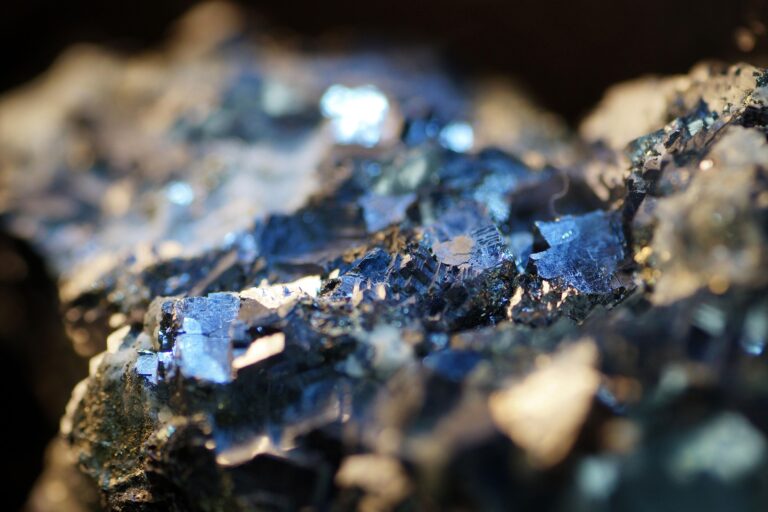In a strategic bid to strengthen its supply chain and reduce dependency on China, India is actively pursuing access to rare earth minerals from Australia, a move aimed at securing critical resources essential for its burgeoning high-tech and defense industries. As China tightens export controls on key minerals that power everything from electric vehicles to advanced electronics, New Delhi’s growing partnership with Canberra signals a concerted effort to diversify sources and bolster national security. This collaboration underscores the shifting dynamics in the global race for control over critical minerals, with India positioning itself to mitigate risks amid escalating geopolitical tensions.
India strengthens rare earth ties with Australia to ensure mineral security
In a significant strategic pivot, India has deepened its collaboration with Australia to secure access to rare earth minerals critical for its burgeoning technology and defense sectors. This move comes as a direct response to China’s tightening grip on the global rare earth supply chain, which has long been a bottleneck for many countries. By fostering stronger bilateral trade agreements and joint ventures, both nations aim to mitigate risks associated with supply disruptions and build a resilient framework for future mineral imports.
Key Focus Areas of the India-Australia Rare Earth Collaboration:
- Joint exploration projects targeting untapped rare earth deposits.
- Development of sustainable mining and refining technologies.
- Creation of strategic stockpiles to safeguard against export curbs.
- Sharing of research and development efforts to enhance extraction efficiency.
| Aspect | India’s Strategic Benefit | Australia’s Contribution |
|---|---|---|
| Supply Security | Reduced dependence on China | Rich rare earth reserves |
| Technology Sharing | Advanced electronics manufacturing | Cutting-edge mining tech |
| Economic Growth | Boost to domestic industries | New export markets |
Navigating China’s export restrictions India seeks alternative critical mineral supply chains
Experts recommend diversifying sources and boosting domestic rare earth production
Industry experts emphasize the importance of a multi-pronged strategy to reduce dependence on limited international sources for critical rare earth minerals. Diversifying supply chains by strengthening partnerships with countries like Australia offers India a vital alternative to current dominant exporters. This approach not only mitigates geopolitical risks but also secures long-term stability in raw material availability crucial for technology and defense sectors.
Simultaneously, boosting domestic production capacity is seen as a strategic imperative. Analysts highlight initiatives to enhance mining techniques, increase exploration activities, and streamline regulatory frameworks. Investments in indigenous processing facilities are expected to create a robust value chain, reducing India’s import bill while fostering self-reliance.
- Key Recommendations:
- Expand bilateral ties with rare earth-rich countries
- Develop advanced mining and processing technologies
- Encourage public-private partnerships in mineral exploration
- Revise policies to attract foreign and domestic investment
| Country | Rare Earth Output (tons) | Strategic Focus |
|---|---|---|
| China | 120,000 | Export restrictions |
| Australia | 22,000 | Supply partnership |
| India (Domestic) | 1,200 | Production boost |
Key Takeaways
As India seeks to diversify its supply chains and reduce dependence on China, the strategic partnership with Australia marks a significant step toward securing critical minerals essential for the country’s technological and defense ambitions. With rare earth elements at the forefront of global geopolitical negotiations, this move underscores India’s commitment to strengthening its resource security amid rising global competition. The evolving collaboration between India and Australia will likely play a pivotal role in shaping the future landscape of critical mineral trade and supply stability.




